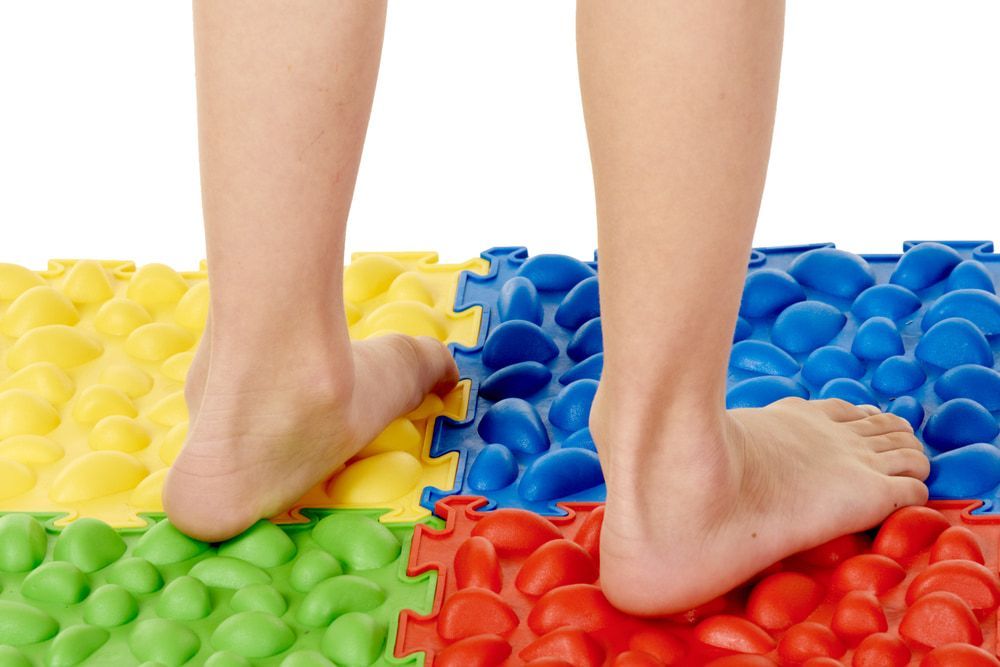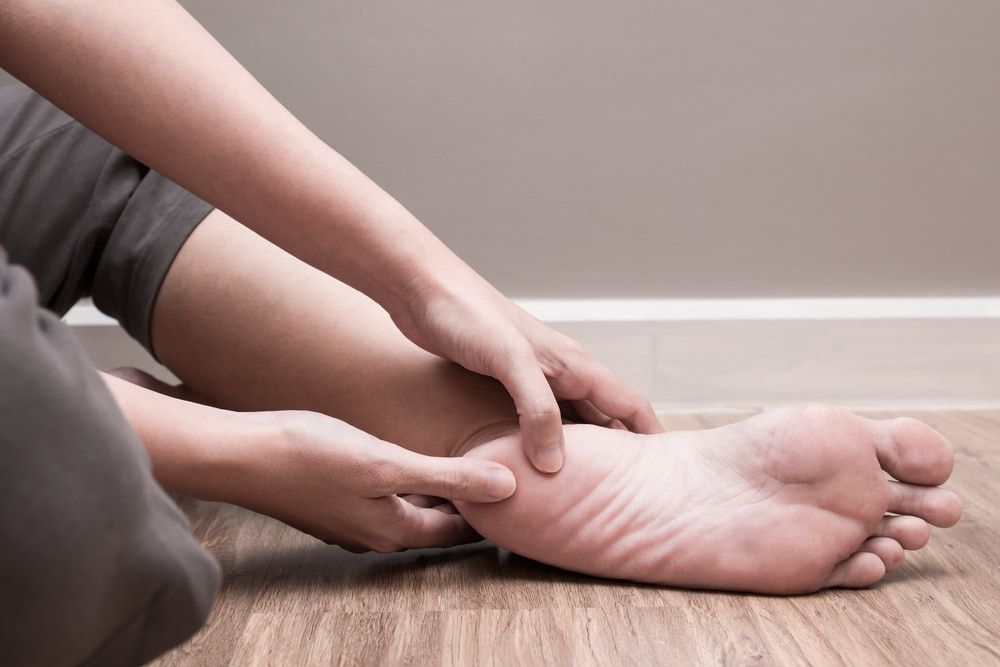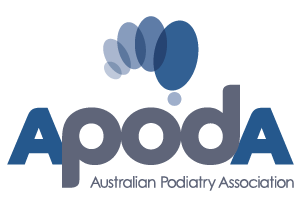We Treat Server's Disease in Darwin
Personalised Services
Small & Private Clinic
Central Location
Weekly Satellite Clinic
Understanding Sever's Disease in Active Children
At Swan Podiatry and Orthotics, with clinics in both Darwin and Katherine, we frequently encounter Sever’s disease, a common cause of heel pain in growing, active children. Also known as calcaneal apophysitis, this condition primarily affects children between the ages of 8 and 14, coinciding with periods of rapid growth during childhood and adolescence. Sever's disease is often considered a "growing pain," but it is a treatable condition that should not be overlooked.
The condition is caused by tension and micro trauma of the Achilles tendon where it attaches to the growth plate at the back of the heel. During growth spurts, this area becomes particularly vulnerable as the growth plate is weaker than the surrounding tendons and muscles.
Children who are involved in sports like running or jumping are especially susceptible due to the repetitive stress placed on their developing skeletal structures. Poor foot biomechanics or alignment can also increase the risk. Symptoms often include discomfort or pain at the back of the heel, which can worsen with physical activity, making it important to address the condition promptly.
Call our Darwin-based team on 0428 976 360 to make a booking and address this issue promptly.
Treatment Approaches for Sever's Disease
At Swan Podiatry and Orthotics, our approach to treating Sever’s disease focuses on relieving pain and preventing recurrence. A key part of this treatment involves stretching and strengthening exercises for the calf muscles. These exercises help reduce tension on the Achilles tendon, allowing the growth plate in the heel to heal without the added strain from physical activity. Additionally, we may recommend orthotics to address any biomechanical issues in the foot. Custom orthotics can provide crucial support, reduce strain on the heel, and improve overall foot function, enabling children to continue their activities more comfortably.
Heel raises are another useful option to alleviate tension by slightly lifting the heel and reducing the Achilles tendon’s pull on the heel bone. We may also advise you to make modifications in your child's footwear, ensuring that they have adequate cushioning and stability, particularly for sports activities. In some cases, adjusting activity levels may be necessary to support healing, though a complete stop is often not required.
If your child is experiencing heel pain, we invite you to schedule an appointment with Swan Podiatry and Orthotics. Our team will develop a personalised treatment plan to help your child return to their favourite activities.









